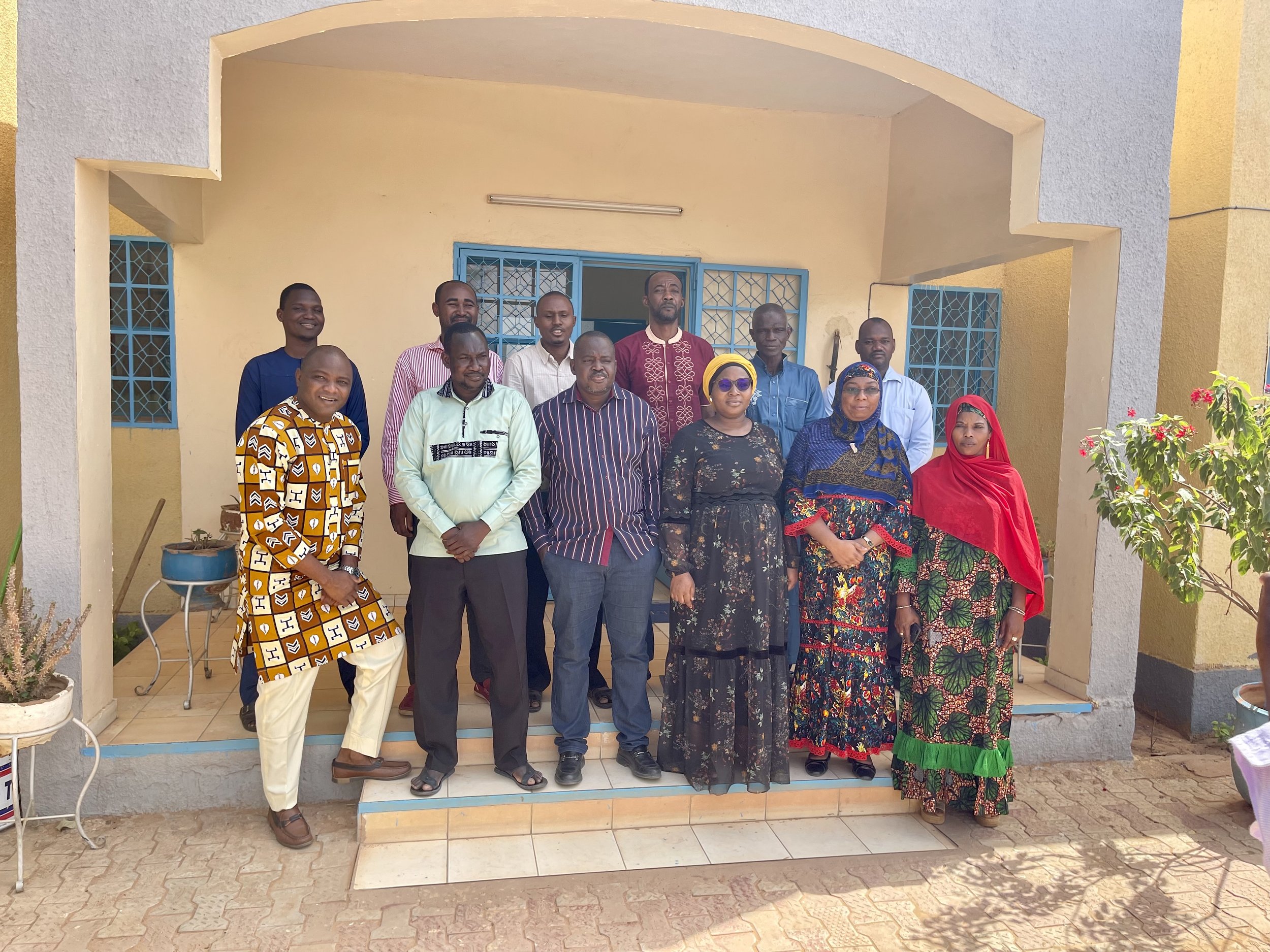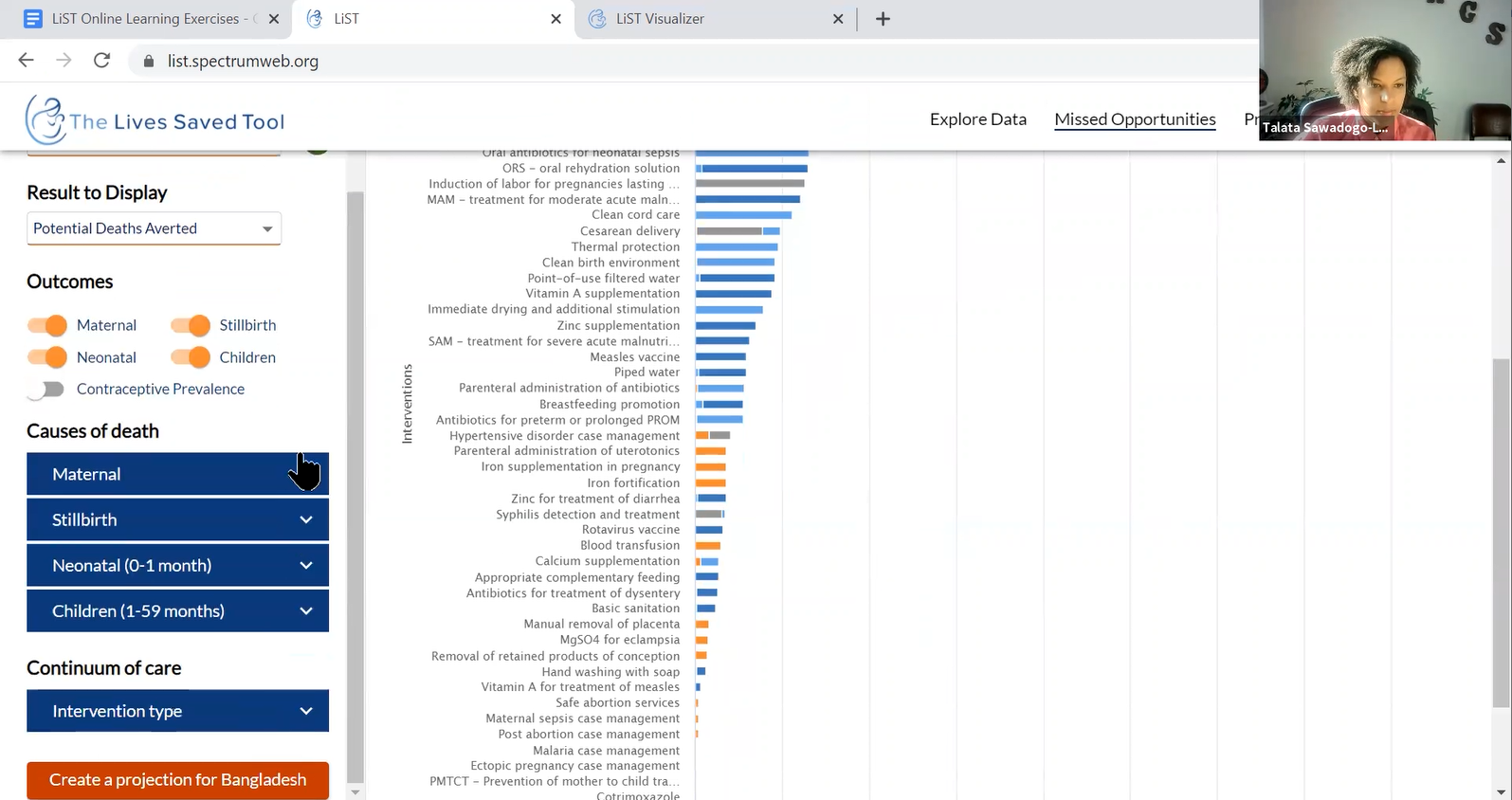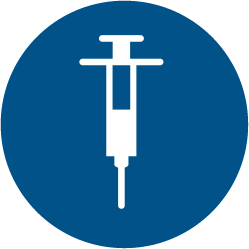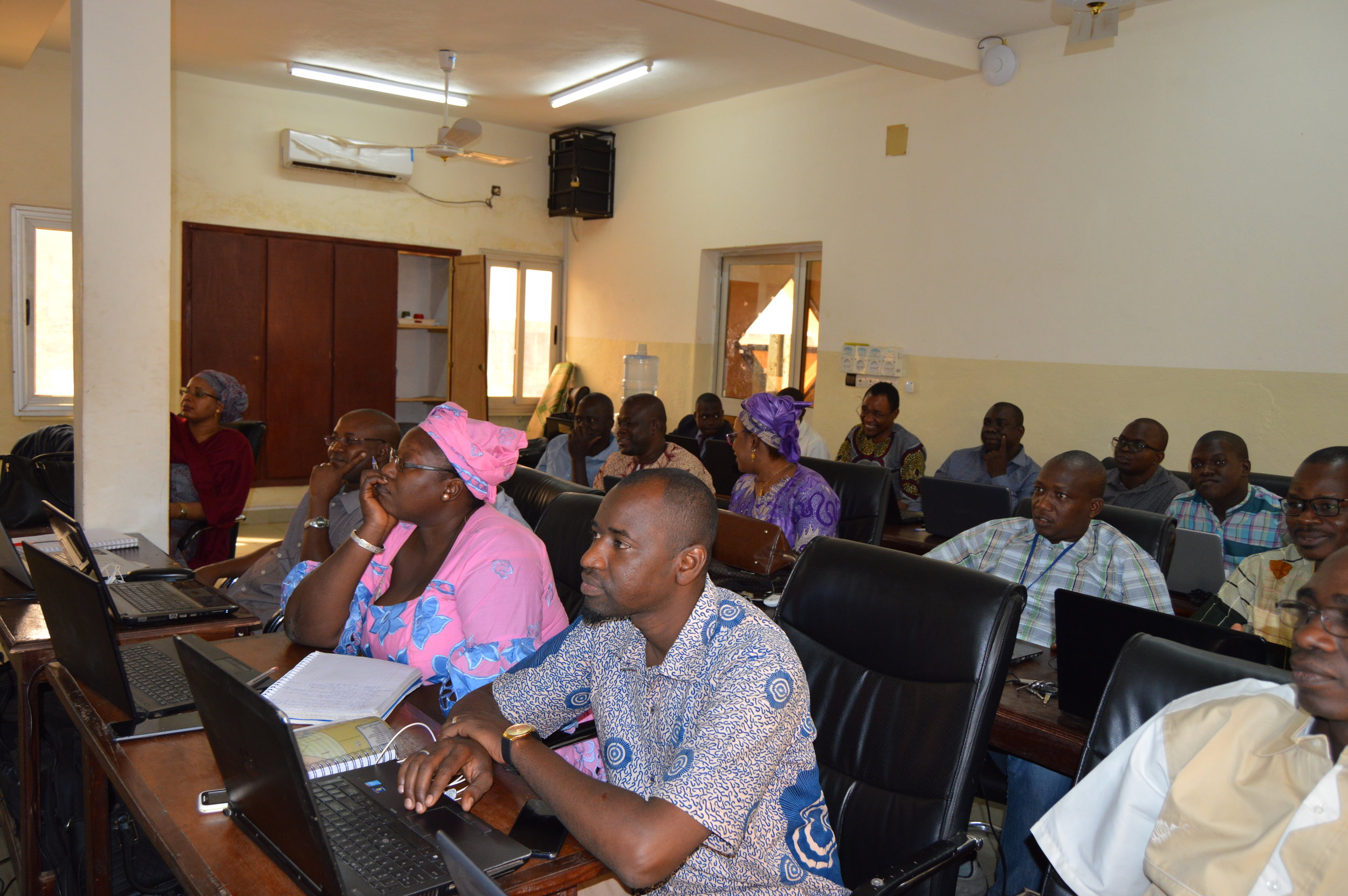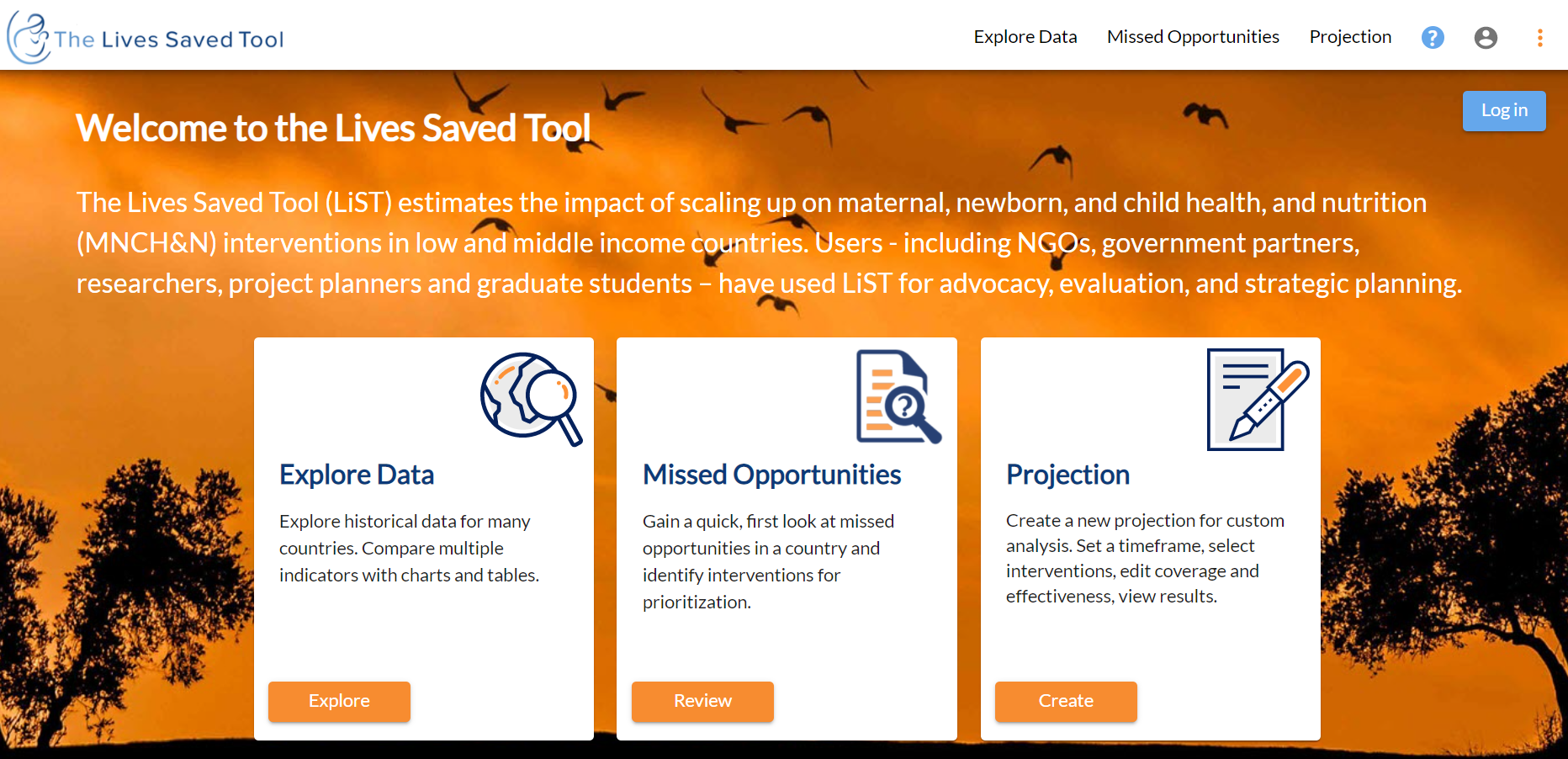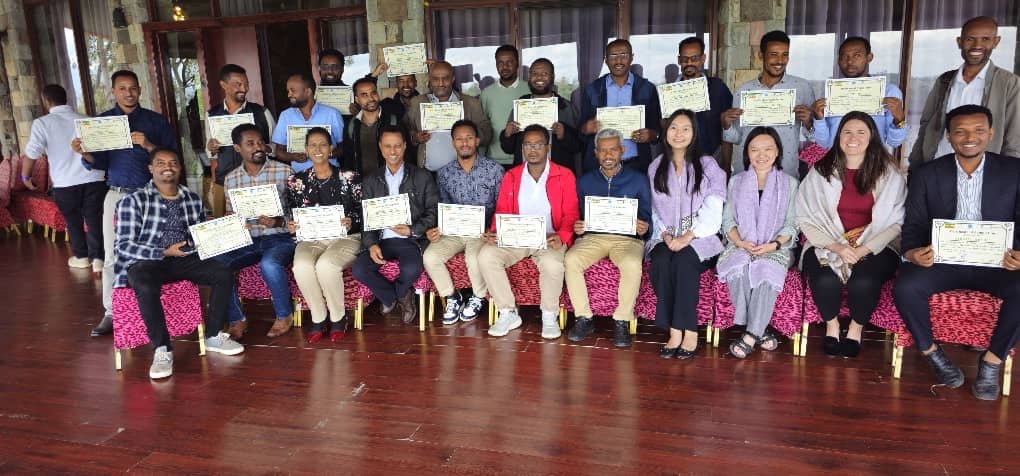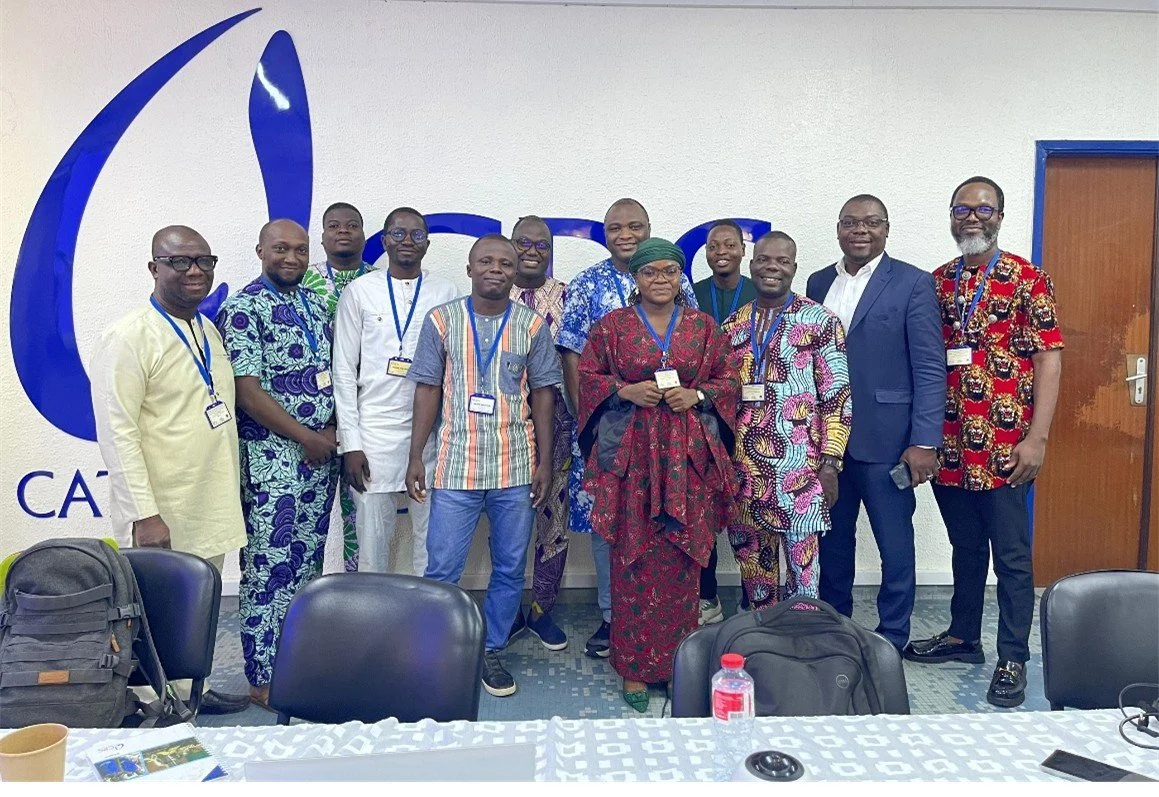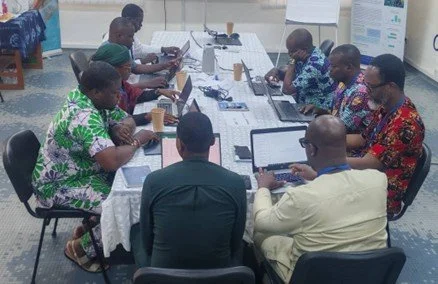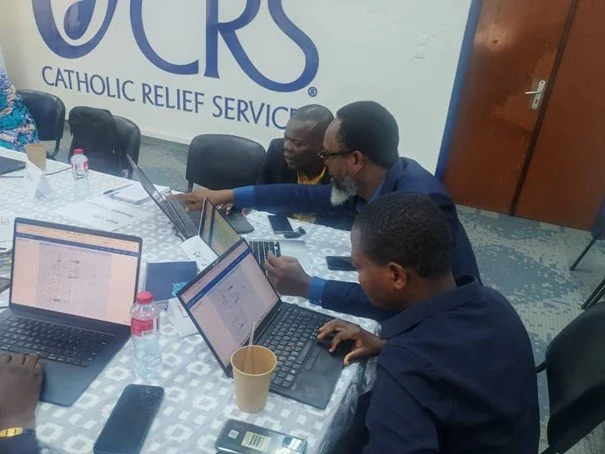LiST News
LiST Training in Mali
From August 4 to 12 in Bamako, a Lives Saved Tool (LiST) training of trainers was organized for Scaling Up Nutrition movement research and academic network (rarSUN) and participants from the key nutrition line ministries as part of the NIPN4NIS initiative. - Read more
LiST Training in Madagascar
In Antananarivo from July 7 to 11, a Lives Saved Tool (LiST) training was organized for the Madagascar National Office of nutrition (ONN) staff and participants from the key nutrition line ministries as part of the NIPN4NIS initiative. - Read more
LiST Training in Benin
From June 17 to 20, a Lives Saved Tool (LiST) training was organized for the Benin National Agency for Food and Nutrition (ANAN) staff and its partners as part of the NIPN4NIS initiative. - Read more
LiST training for Sequota Declaration Team
24-28 June 2024 - Two LiST team members travelled to Bishoftu, Ethiopia to lead a training focus on conducting impact analysis of the Seqota Declaration (SD) intervention - Read more
LiST training for NIPN Niger Team
2-12 May 2023 - Capacity for Nutrition - National Information Platform for Nutrition (C4N-NIPN) agreed to mandate a C4N-NIPN consultant (Youssouf Keita) to conduct a training to equip NIPN actors with skills to support the formulation of country nutrition action plans by assessing the context, causes of death, trends in indicators, effectiveness of interventions, etc., - Read more
LiST Francophone Regional Training
13-14 July 2022 - The Department of Education and Research in Public Health (DERSP) at the University of Bamako, Mali in collaboration with the LiST technical group at JHU hosted virtual training sessions to present LiST and its fields of application to French-speaking audience. - Read more
LiST training in Mali
29-30 June 2022 - Two LiST team members travelled to Bamako, Mali to lead a training focus on the potential applications of LiST for maternal and child health. - Read more
LiST training in Burkina Faso
23-24 June 2022 - Two LiST team members travelled to Ouagadougou, Burkina Faso to lead a training focused on the potential applications of LiST for maternal and child health. - Read more
LiST training in Niger
8-9 June 2022 - Two LiST team members travelled to Dosso, Niger to lead a training focused on the potential applications of LiST for maternal and child health. - Read more
LiST Online training series with WHO, UNICEF and UNFPA
15 March 2021 - The LiST team held a three week workshop virtual workshop series for regional and country teams of UNFPA, WHO and UNICEF. - Read more
The Lancet: Vaccines against 10 diseases prevented 37 million deaths in low- and middle-income countries in the last 20 years
2 February 2021- Vaccine programmes in low- and middle-income countries have prevented 37 million deaths in the last 20 years alone – 36 million of which would have been in children aged under-five. These are the findings of the most comprehensive study of the impact of vaccination programmes yet undertaken, published in The Lancet. Read more.
Introducing LiST Online
19 January 2021- Have you ever wanted to use a web-based version of the Lives Saved Tool? It's here now! LiST Online is a user-friendly, web-based version of the Lives Saved Tool developed in collaboration with Avenir Health and funded by Global Affairs Canada. - Read more
An infant receives free vaccination against pneumonia in a village of Côte d'Ivoire.© 2016 Nadege Honthaas/NGO Agis, Courtesy of Photoshare
LiST Analysis Shows Increased Pneumonia Support Could Save 9 Million Lives by 2030
29 January 2020 – Boosting efforts to fight pneumonia could avert nearly 9 million child deaths from pneumonia and other major diseases, a new LiST analysis has found. The findings, shared today at the opening ceremony of the first ever Global Forum on Childhood Pneumonia in Barcelona, were generated in partnership with Save the Children and UNICEF. - Read more
Research conducted with LiST showcased in Nairobi
12 November 2019 –Dr. Victoria B. Chou from the Lives Saved Tool team traveled to Nairobi, Kenya to speak at The Nairobi Summit on the 25th International Conference on Population and Development. Specifically, LiST was used to determine that ending preventable pregnancy- and childbirth-related deaths in the countries that account for over 99% of maternal mortality will cost $115.5 billion. Dr. Chou has been quoted in both the press release and in The Guardian. - Read more
Trilingual webinars for NIPN country teams
29 March 2019 – The LiST team provided remote support for webinars given to various teams which are part of the Nutrition Information Platform for Nutrition (NIPN) project currently being implemented by Agropolis International. An initiative of the European Union, this project supports countries in strengthening their information systems for nutrition, with the ultimate objective to better inform the strategic decisions that country governments are faced with to prevent malnutrition and its consequences. - Read more
Second Masters of Public Health LiST training in Bamako
15 March 2019 – Drs. Halimatou Touré (National Institute of Research in Public Health - INRSP), Souleymane Sawadogo (National Agency for Telehealth and Medical Information Technology - ANTIM), Youssouf Keita (Agropolis International), and Mr. Ibrahim Téréra (Center for Research and Study for Child Survival - CREDOS), all members of the National Evaluation Platform’s Technical Task Team, led the second year of LiST training at the Université des Sciences, des Techniques et des Technologies de Bamako (University of Science, Techniques and Technologies of Bamako - USTTB)’s masters of public health programs. - Read more
Training staff at Save the Children UK
22 October 2018 - Two LiST team members traveled to London, UK to conduct a training at Save the Children UK from 1-2 October 2018. Members of the NGO’s Health; Humanitarian Nutrition; Humanitarian Health, Monitoring, Evaluation, Accountability and Learning; and Social and Behaviour Change and Community Capacity Strengthening teams participated in the training in order to familiarize themselves with LiST and to understand when it’s appropriate to use it. - Read more
Masters of Public Health LiST training in Bamako
22 June 2018 - In 2017, the Université des Sciences, des Techniques et des Technologies de Bamako(University of Science, Techniques and Technologies of Bamako - USTTB) requested that a 5-day course on using the Lives Saved Tool be integrated into their second year Masters of Public Health curriculum for all three available specializations (nutrition, epidemiology and community health). The course was officially adopted as part of the curriculum on in January 2018, and the first iteration of the course took place from 18-22 June, 2018. - Read more
Using LiST for nutrition planning in Mozambique
4 June 2018 - From 4-8 June 2018, two LiST team members travelled to Maputo, Mozambique to lead a training specifically on the potential applications of LiST for nutrition. Task team members of the Plataforma Nacional de Saude Maternal e das Crianças e Nutrição (PNSMCN - National Platform for Maternal and Child Health and Nutrition) of Mozambique’s National Health Observatory attended this training to re-familiarize themselves with the tool, and to look at ways that LiST can be used to analyze performance and plan strategically in Mozambique’s nutrition sector. Representatives from the Instituto Nacional de Saude (INS), UNICEF, the Secretariado Técnico de Segurança Alimentar e Nutricional (SETSAN), the Instituto Superior de Ciências de Saúde (ISCISA) and the Direcção Planificação e Cooperação (MISAU-DPC) actively participated in the 5-day workshop. - Read more




